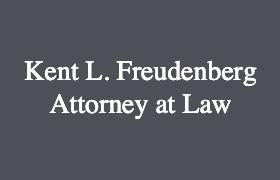Palmer Lake DUI-DWI Lawyer, Colorado
Sponsored Law Firm
-
 x
x

Click For More Info:
-
Kent L. Freudenberg, Attorney at Law
115 East Las Animas Street Colorado Springs, CO 80903» view mapDivorce & Family Law Competent Legal Representation
Let the law office of Kent L. Freudenberg, Attorney at Law handle all your Divorce & Family Law needs today!
800-881-7201
Warren D. Price
✓ VERIFIEDImmigration, Criminal, White Collar Crime, Misdemeanor, DUI-DWI
At the Law Office of Warren D. Price, we offer a full range of legal services, including criminal defense, military court martial defense, DUI and tra... (more)
FREE CONSULTATION
CONTACTMichael Warren Moran
Traffic, Domestic Violence & Neglect, White Collar Crime, DUI-DWI, Personal Injury
Status: In Good Standing
FREE CONSULTATION
CONTACTJennifer Anne Lundin
Criminal, Divorce, DUI-DWI, Family Law
Status: In Good Standing Licensed: 24 Years
Michael T. Kossen
Traffic, Litigation, White Collar Crime, DUI-DWI
Status: In Good Standing Licensed: 33 Years
 Kent Freudenberg Colorado Springs, CO
Kent Freudenberg Colorado Springs, CO AboutKent L. Freudenberg, Attorney at Law
AboutKent L. Freudenberg, Attorney at Law


